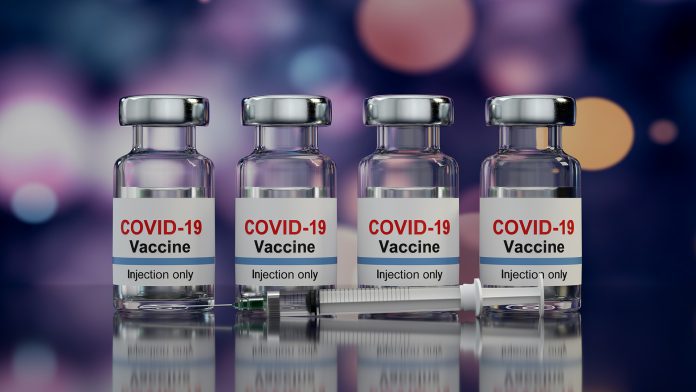
A research team based in Israel has identified that the risk of infection from COVID-19 gradually increases after receiving a second vaccine dose.
Research emerging from the Research Institute of Leumit Health Services in Israel has elucidated that after receiving a second dose of the Pfizer-BioNTech vaccine, the body’s ability to combat COVID-19 infection starts to reduce progressively.
The study identified that although the Pfizer-BioNTech vaccine provided robust protection from infection in the initial weeks following vaccination, that after around 90 days after the second vaccine dose, its effectiveness began to wane.
The study’s findings, which are published in The BMJ, highlight that a third vaccine dose may be beneficial for providing protection against the disease.
Infection control protocols
Israel was one of the first countries to implement a countrywide COVID-19 vaccination programme in December 2020; however, despite these measures, the country has experienced a resurgence in cases since June 2021.
Around the globe, similar, large-scale vaccination campaigns are aiding in controlling the spread of the virus, but even in countries with exemplary vaccination rates, breakthrough infections can occur, which the scientists believe is due to a gradual loss of immunity over time. By analysing the time elapsed since a second vaccine dose and risk of infection, the team think they can determine if a third dose is necessary and what time is optimal for it to be administered.
Second vaccine dose efficacy
For their investigation, the researchers examined electronic health records of 80,057 adults with an average age of 44, all of which received a PCR test at least three weeks after their second vaccine dose, demonstrating no evidence of prior COVID-19 infection. Of the participants, 7,973 (9.6%) had a positive test result; these individuals were then matched to negative controls of the same age and ethnic group who were tested in the same week.
As time elapsed from the second vaccine dose, the rate of positive test results started to increase. For example, 1.3% of the participants tested positive between 21 and 89 days after their second vaccine dose across all age groups. This increased to 2.4% after 90-119 days; 4.6% after 120-149 days; 10.3% after 150-179 days; and 15.5% after 180 days or more.
Next, the team considered other influential factors, also finding a significantly increased risk of infection over time. In comparison to the initial 90 days following the second vaccine dose, the risk of infection across all age groups was 2.37-fold higher after 90-119 days, 2.66-fold higher after 120-149 days, 2.82-fold higher after 150-179 days and 2.82-fold higher after 180 days or more.
The researchers note that their study is limited by its observational design and are unable to rule out how unmeasured factors such as household size, population density, or virus strain may have impacted infection rates. Nevertheless, the study did examine a significant pool of people, enabling the team to carry out extensive analysis, which indicates that the findings are robust.
The team concluded that in individuals who receive two doses of the Pfizer-BioNTech vaccine, protection from COVID-19 decreased over time, with the risk of breakthrough infection increasing gradually compared to the protection provided during the initial 90 days.
























